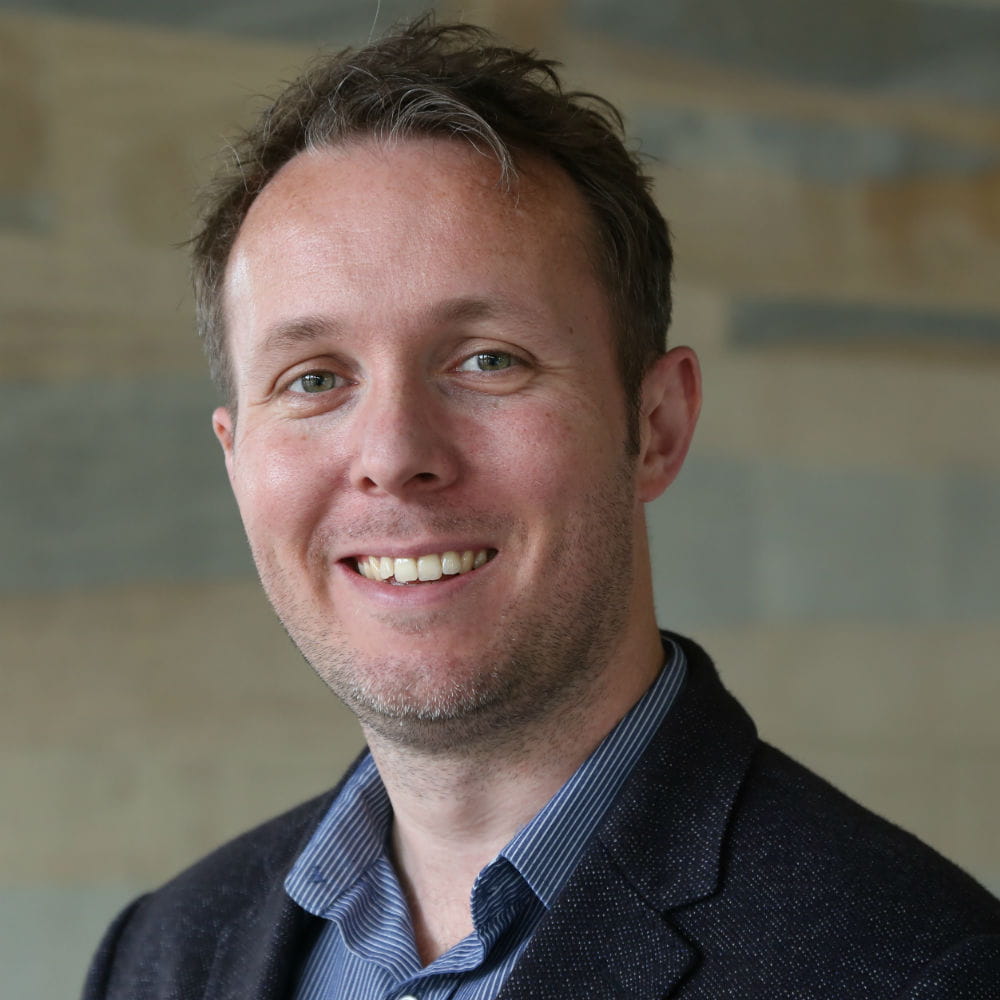We hope that you enjoyed and benefited from the recent 6 week Kaido Seven Natural Wonders Wellbeing Challenge.
Congratulations to all 215 members of staff that took part in the challenge, forming 36 teams. In particular, well done to our top teams Advancement, Risk Takers and The Phoenixes who came in the top three. Life Science, Economics Admin, Miracle Workers, Bake off Superfans, Procurement, Planning & Data Insight and Humanities Office Team were also the lucky winners in the milestone prize draw. Please contact Occupational Health by emailing ohquery@essex.ac.uk to arrange collection or delivery of your prizes.
The challenge had an excellent rate of engagement with 853,499 minutes of physical activity, 31,234 minutes of meditation and 5,772 reflections recorded during the period of the challenge
When reflecting at the end of the programme, some key highlights included:
- 31% noticing improvements in their energy levels
- 39% noticing improvements in their mood
- 49% feeling calmer
- 52% feeling more motivated to improve their own health and wellbeing
It isn’t finished however, as even if you did not take part in the challenge you are still able to access Kaido Experiments. These are programmes that you can use to proactively manage areas of your health and wellbeing that are important to you, including:
- Kicking Caffeine - Learn how to control and reduce the caffeine cravings leading to healthier choices throughout your day
- Breathing to Beat Stress - The “fight or flight” response is a natural reaction that we all feel when we get stressed. In this experiment you can explore how you can use breathing techniques to handle these situations, take control of that reaction, and calm your body quickly.
- The Power of Gratitude - Negative thoughts naturally keep our attention longer than positive thoughts. In this experiment, you can learn how to shift your thinking to a more positive mindset through the practice of Gratitude.
- Sleep Stories - Night time is a great time for our brains to overthink and go into over-drive mode. In this experiment, you can learn how to switch your mind off before bed, allowing you to fall asleep quickly into a deeper more restful sleep.
- 5 Minutes Peace - It’s easy for life to run away with us. This experiment, will help you to do just that, allowing you to take as little as 5 minutes a day to yourself.
- Controlling Sugar Cravings - What is there not to like about sugar? It is highly addictive and our bodies naturally keep us craving more. In this experiment, you can learn simple steady steps to reduce your daily intake of sugar helping to control cravings, manage weight, and balance blood sugar levels.
- Reducing Blue Light Exposure - Blue light is something that our brains are not used to but it is part of our daily life. In this experiment you can learn how to reduce your blue light exposure for a more natural night's sleep.
- Save on Screen Time - With technology ever-evolving, we are rarely without a screen for the majority of our day. This experiment helps you to break the easy daily habits of scrolling, reducing your average screen time, allowing your mind to rest.
- Fabulous Fibre - Thousands of years ago we were eating over 100 grams of fibre a day and now without realising, the average intake of fibre can be as low as 10 grams per day. In this experiment you can learn about the life-changing benefits of increasing fibre intake.
- Straight not Slouched - With daily life putting our bodies under different pressures, our posture can be compromised. Learn simple stretching techniques can help to overcome some of these problems by stretching out the spine and working on straightening the body.
- Hold your Focus - Menopause Specific - The perimenopause and menopause can cause symptoms of brain fog (inability to think clearly) memory difficulties, and fatigue. In this experiment we use simple and fun brain-training exercises that will improve the length of time we can hold our focus.
If you have further feedback about the challenge, please email me directly at sh18041@essex.ac.uk and thank you all again who participated in the challenge.


